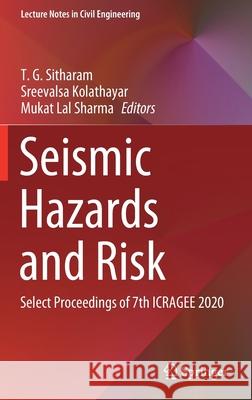Seismic Hazards and Risk: Select Proceedings of 7th Icragee 2020 » książka
topmenu
Seismic Hazards and Risk: Select Proceedings of 7th Icragee 2020
ISBN-13: 9789811599750 / Angielski / Twarda / 2021 / 391 str.
Seismic Hazards and Risk: Select Proceedings of 7th Icragee 2020
ISBN-13: 9789811599750 / Angielski / Twarda / 2021 / 391 str.
cena 925,87
(netto: 881,78 VAT: 5%)
Najniższa cena z 30 dni: 886,75
(netto: 881,78 VAT: 5%)
Najniższa cena z 30 dni: 886,75
Termin realizacji zamówienia:
ok. 22 dni roboczych.
ok. 22 dni roboczych.
Darmowa dostawa!
Kategorie:
Kategorie BISAC:
Wydawca:
Springer
Seria wydawnicza:
Język:
Angielski
ISBN-13:
9789811599750
Rok wydania:
2021
Wydanie:
2021
Numer serii:
000798671
Ilość stron:
391
Waga:
0.74 kg
Wymiary:
23.39 x 15.6 x 2.39
Oprawa:
Twarda
Wolumenów:
01
Dodatkowe informacje:
Wydanie ilustrowane











